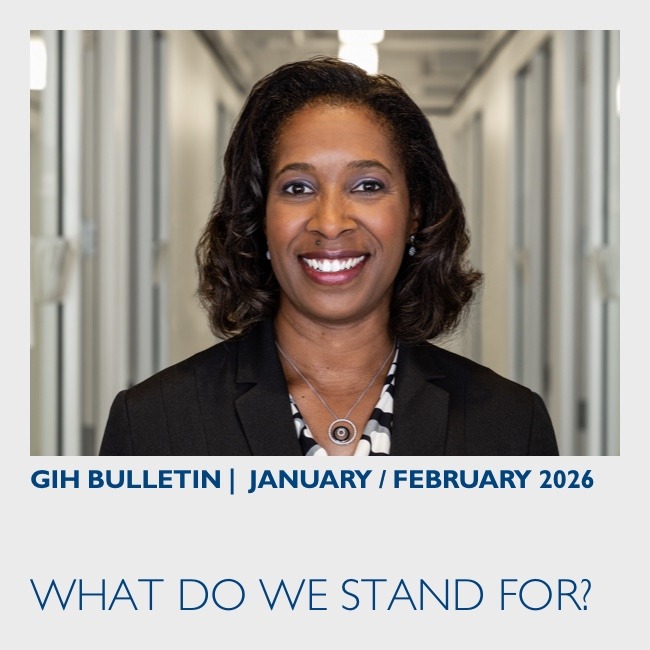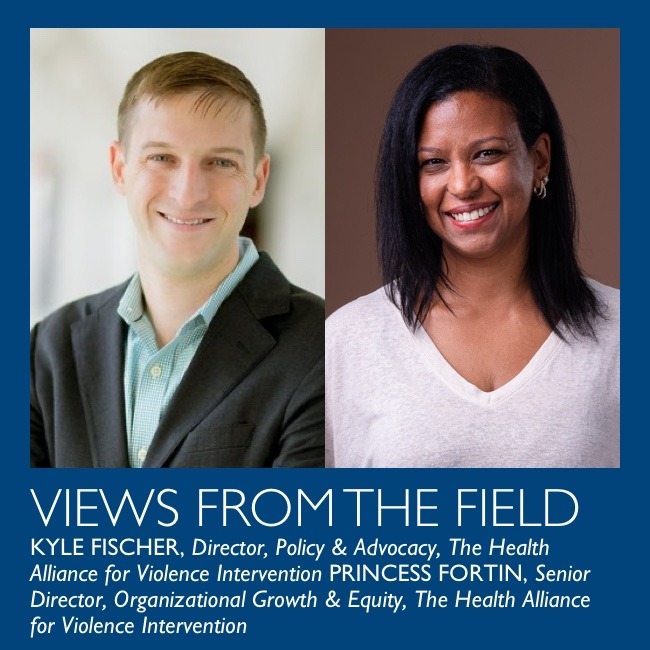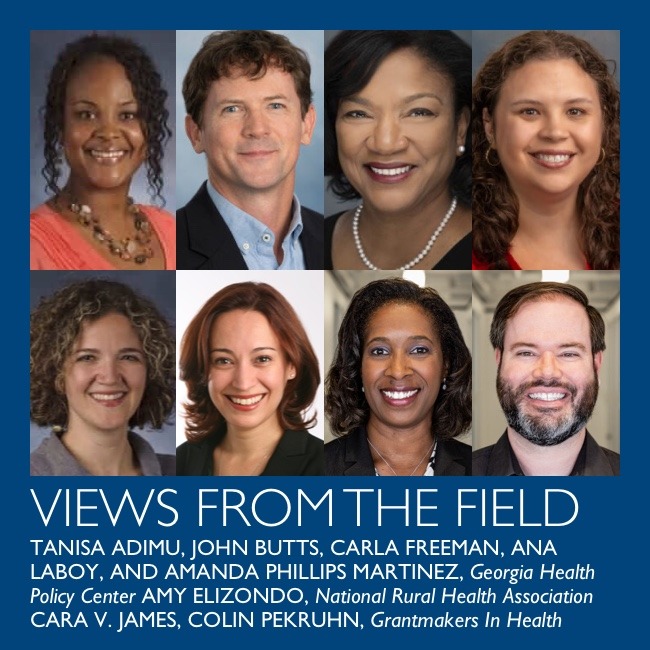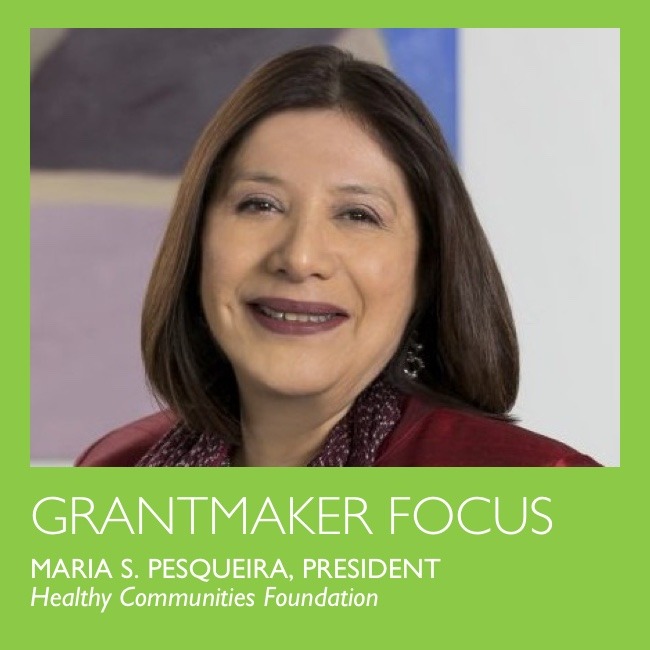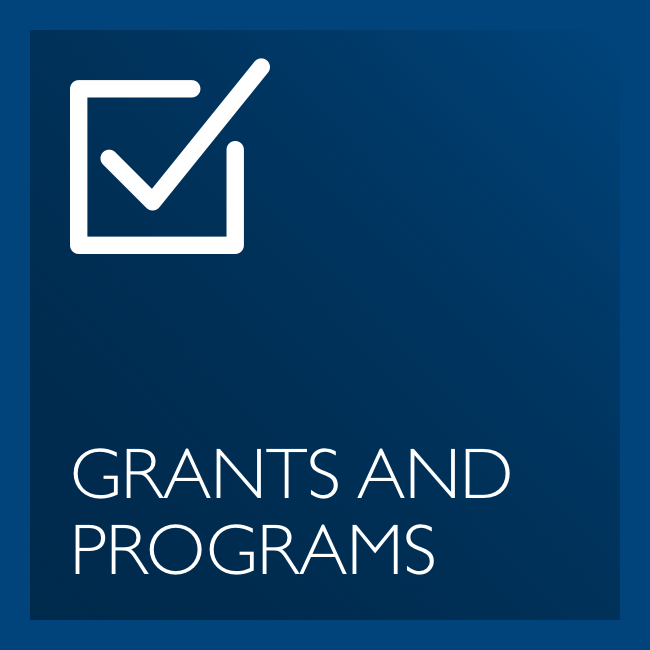Reimagining Rural Health and Well-being
To inform positive change, Grantmakers in Health (GIH) and the National Rural Health Association (NRHA) are partnering to reimagine a unified vision for health and well-being in rural America. The Georgia Health Policy Center (GHPC) was engaged to conduct a landscape analysis and facilitate listening sessions with rural health stakeholders at the local, state, and national levels.
Healthy Communities Foundation
“We are deepening our trust-based grantmaking, further aligning our strategy with the learnings and relationships built over years of partnership with community and grantees. Our approach reflects a growing focus on multi-year funding that helps to provide organizations with stability and flexibility to address the root causes of health inequities, strengthen resilient local networks, and advance community-driven solutions that promote health for all. The current public health, economic, and social challenges faced by our partners and the communities they serve highlight the urgency of acting now, while we remain steadfast in our long-term vision of equitable health and well-being for future generations”
Philanthropy @ Work – Transitions – January 2026
The latest on transitions from the field.
Georgia Health Initiative: January 2026
The Georgia Health Initiative recently released the second annual edition of Insights on Medicaid in Georgia: Data & Trend Analyses, which provides an updated, comprehensive view of Georgia’s Medicaid program. It offers easily digestible information designed to educate and inform state decision-makers, non-profit organizations, health care providers, and other stakeholders engaged in health coverage.
Philanthropy @ Work – Grants and Programs – January 2026
The latest on grants and programs from the field.

